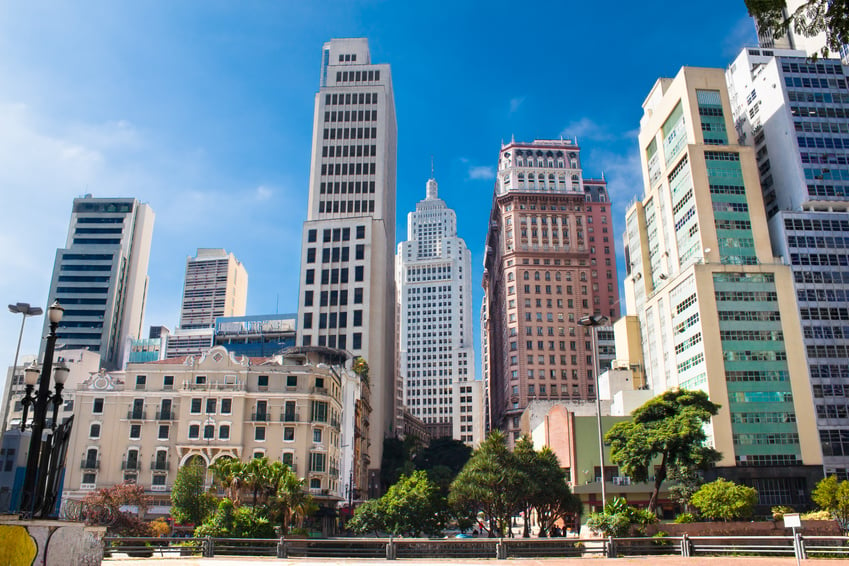Continuing with the reforms, the new authorities of the Argentine Antitrust Commission (the “Antitrust Commission“) released a draft of the new Antitrust Law, which seeks to bring Argentina into line with the international experience in this matter.
Among the reforms envisaged are:
- Tougher sanctions, increasing fines up to 30% of turnover associated with products or services involved in the anti-competitive act (currently fines can not exceed the sum of 150 million Argentine Pesos).
- The establishment of a leniency program to facilitate the identification and punishment of cartels (in line with global and regional experience in this matter).
- The significant increase of annual turnover amounts that determine the obligation to notify economic concentration operations.
- The establishment of ex ante merger control procedures (and not after closing of the transaction as is currently the case).
- The creation of a National Antitrust Authority as a decentralized and self-governing body within the national executive branch, in replacement of the Antitrust Commission and of the Secretary of Commerce.
- The facilitation of private actions for damages against violators of the law.
- The creation of a National Antitrust Court of Appeals to replace the current uncertainty as to which Court of Appeals is competent regarding antitrust matters.
This project will be subject to comments of the private sector and of specialists in the matter during the month of September and subsequently submitted to Congress for approval.
It is worth noting that other bills that propose similar reforms have been prepared by Congressmen. Some of these bills foresee imprisonment for those individuals responsible for organizing and participating in cartels.
In case you have comments or suggestions to be considered by the authorities during the consultation process, please do not hesitate to contact us and let us know them.



